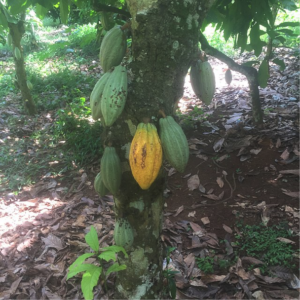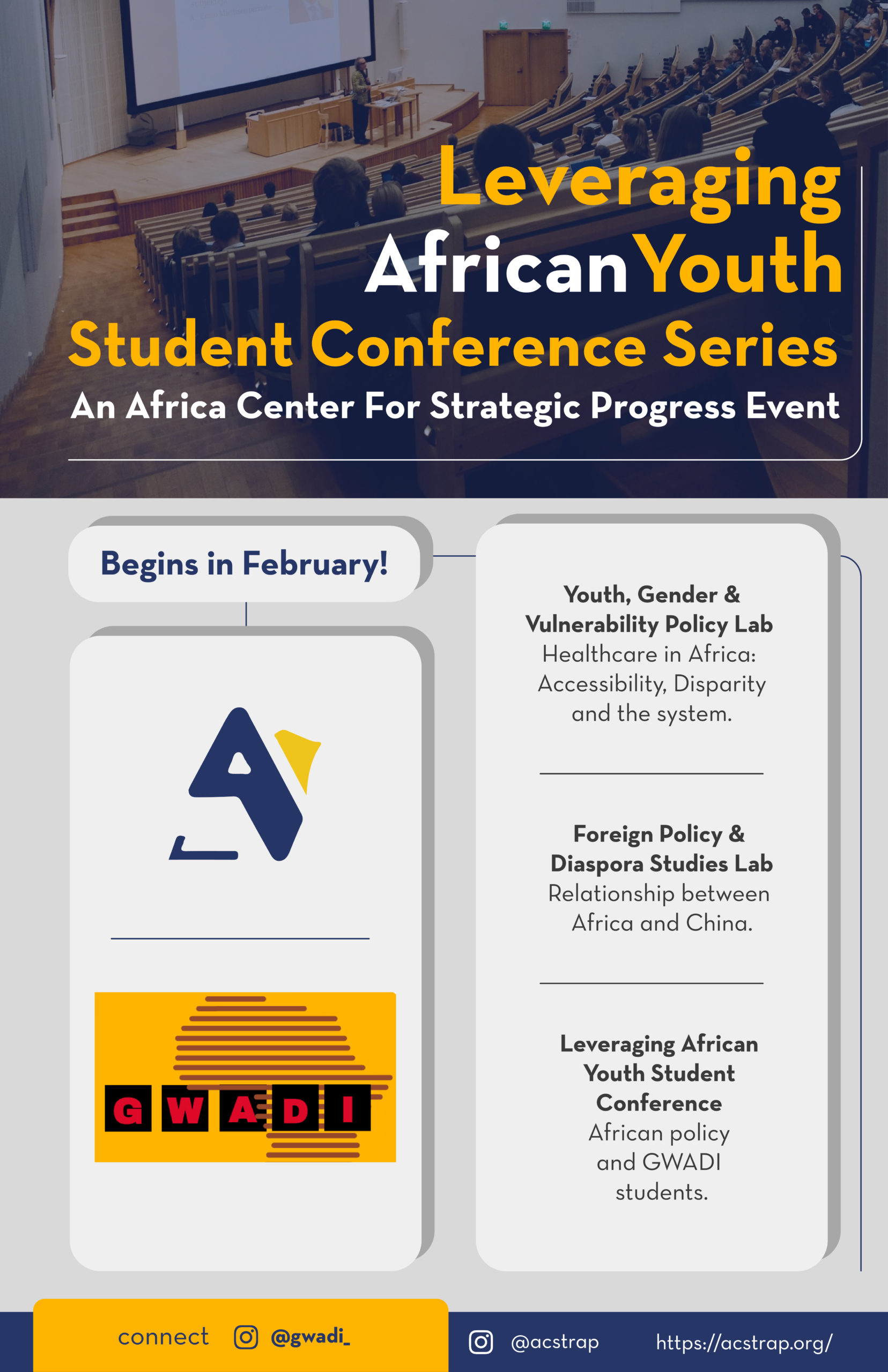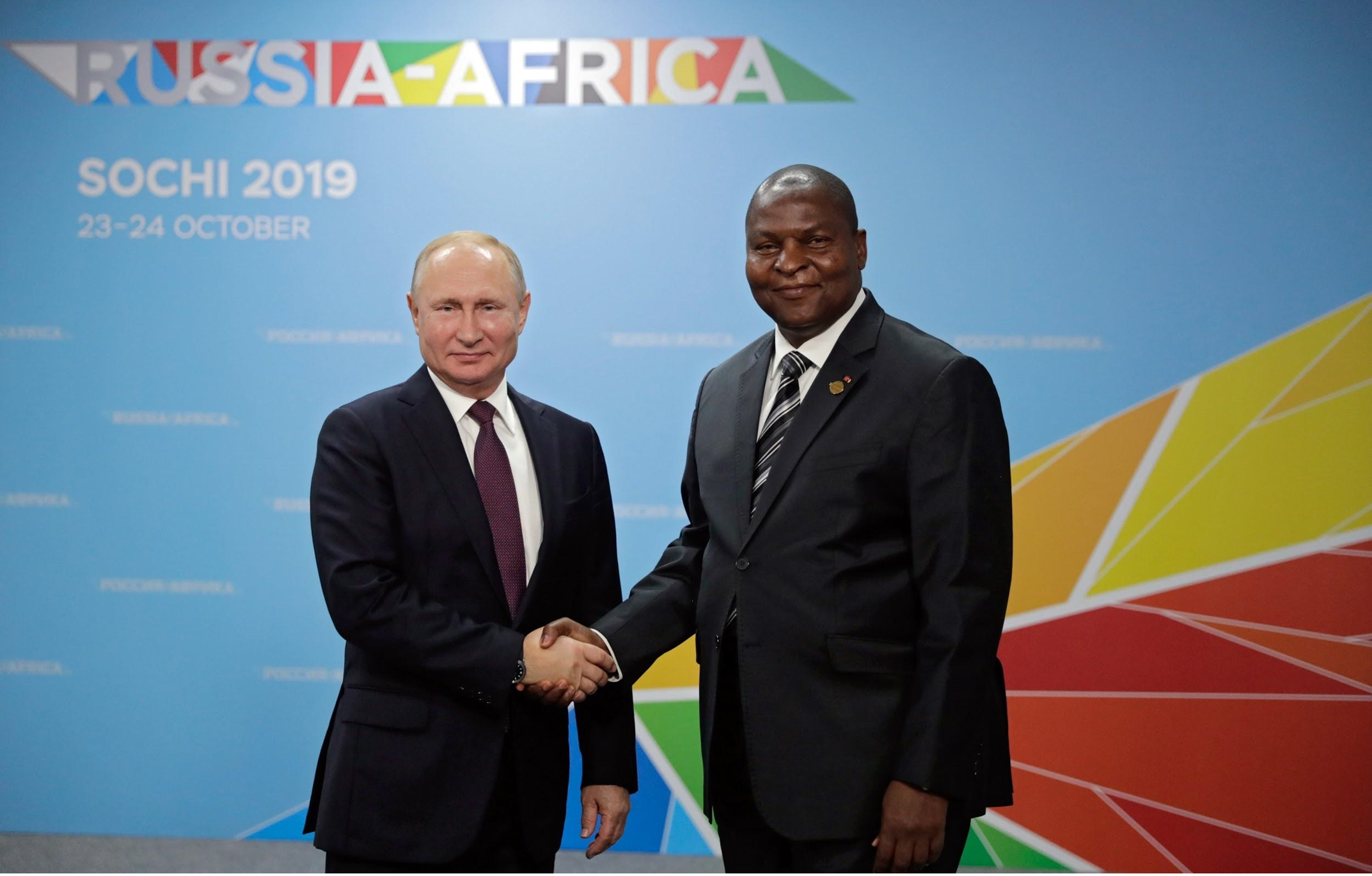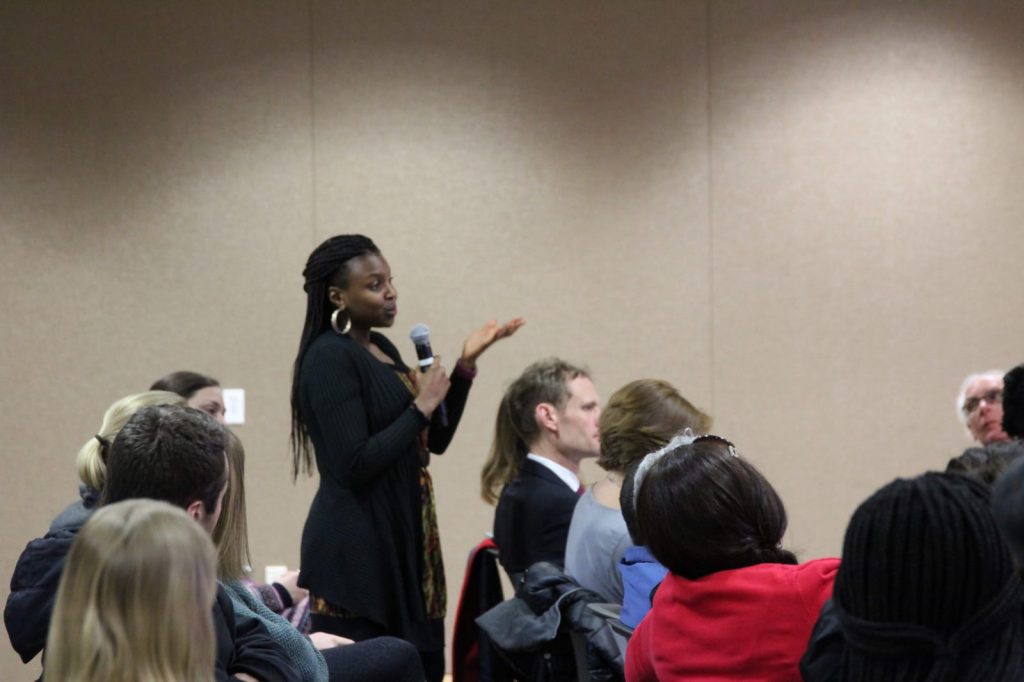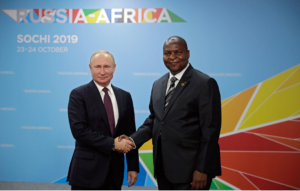
Russia’s Influence in Africa: The Problematic Use of Quasi-State Corporations
The 2013 Russian Foreign Policy Concept towards Africa promulgated “mutually beneficial trade” and “settling… regional conflicts.” This paper discusses inconsistencies in Russia’s foreign policy by examining four cases: the Central African Republic, Egypt, Libya, and South Africa. Due to Russia’s economic limitations, quasi-state actors such as Yevgeny Prigozhin and Gazprom enable Moscow’s presence on the continent. Overall, Russia’s involvement asymmetrically benefits Russia’s national and private sector’s agenda over these African nations. Russia’s policy is stunting African economic growth and weakening governance across the continent.

